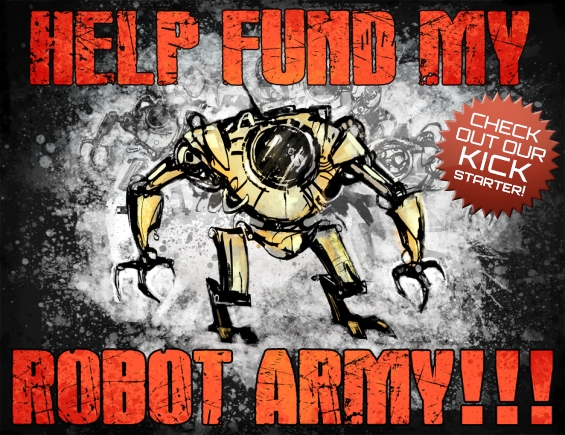Codex Q&A: Have you ever read anything “so bad it’s good”?
In July 2013, I served as the “editor-in-residence” for the Codex Writing Group, which meant basically I was asking a month-long AMA (“Ask Me Anything”) interview. With Codex’s permission, I’m re-posting the Q&As here on my blog. The questions were all provided by members of Codex.
***
You get a ton of stories, and stories are stories, regardless of format. I know I’ve seen some really bad movies, movies so bad that they actually became good movies for reasons the producers never intended. Have you ever run across a story so utterly bad that it actually crossed the event horizon into good?
I’m probably the wrong person to ask about that, as I’m not one of those people who can really enjoy the “so bad they’re good” movies. Not typically, at least. I mean, maybe if I get a room full of friends who are making fun of it to make it bearable, it could be fun. But when you’re reading a story, how likely is it that you’ll have a peanut gallery to mock it as you’re reading it?
That said, I’ve certainly read stories that were so bad that they were amusing in some way, and I remember them to this day because of that. But I couldn’t say that those stories crossed the line over into being good (or publishable).
I should hasten to say that my answer here applies only to me and my editorial point of view. I’m sure there are books and stories out there that are terrible, and the people who love them will even acknowledge they’re terrible, but they love them anyway.
Oh, and have you ever been confused with JJ Abrams by someone?
I’m not sure if that’s ever ACTUALLY happened, but I’ve had my suspicions a couple of times. I joked that I should totally change my byline to J.J. Adams though to help foster that confusion. Like we should do a new edition of my FEDERATIONS anthology (with lots of lens flare on the cover) and make my byline J.J. Adams and see if it sells any better.
***
From October 1 – October 31, I’ll be running a Kickstarter campaign for a new project called HELP FUND MY ROBOT ARMY!!!, an anthology of improbable, futuristic, magical, & alternate-world crowdfunding projects. Please check it out, consider backing it, and, if you’re so inclined, spread the word!



